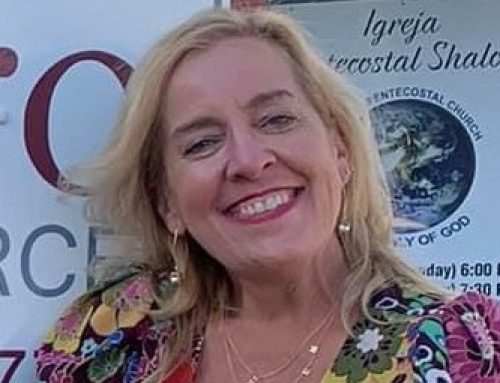The Wicomico Soil Conservation District is one of 24 in the state of Maryland working to, “conserve and promote healthy soils, water, forests and wildlife,” according to the district’s webpage. A coordination of local, state, and federal efforts and offices, conservation districts work to support healthy agriculture with the community and farmers in mind.
Creation of these districts across the United States can be traced back to 1937 when President Franklin D. Roosevelt recommended the development of soil conservation districts to all states for the benefit of farmers and landowners. On May 22, 1942, Wicomico Soil Conservation District became an official organization and this year it celebrated 79 years in operation. The evolution of these districts began in response to soil erosion, but much more has grown from the early beginnings.
Each district is run by a board consisting of five members and the board is often made up of, “state (Maryland Department of Agriculture), federal (Natural Resources Conservation Service and Farm Service Agency) and, sometimes, county or “district” employees,” according to District Manager, Richard Glasgow of Wicomico County Soil Conservation District. In Wicomico, specifically, the board consists of members representing state and federal, but not county or district. Glasgow indicates that much of Wicomico Soil Conservation District’s work is administering cost-share programs to address a wide variety of agricultural wellness initiatives.
Glasgow explains that there are many functions to the conservation district and provided some insight into what is often focused on here in Wicomico County. Certain programs support goals for Chesapeake Bay Cleanup (defined under the Watershed Implementation Program) such as the Maryland Agriculture Water Quality Cost-Share (MACS) program which provides funds to farmers to cover majority of the costs to install measures that prevent soil erosion and keep our local waters safe. This allows for farmers to follow Best Management Practices that are designed to support the goals of the Chesapeake Bay Cleanup.
Another program that supports these efforts is the Cover Crops program, which will be accepting its yearly application in the summer, and it focuses on a rotation of crops that help improve soil nutrients during the fall season. Some of the functions of this program include recycling nitrogen, managing levels of rain water, utilizing excess nutrients the original crop did not and keeping these from entering waterways, and providing cover against wind erosion. The cover crops that are planted in the fall live through the winter and are replaced in the spring, but they continue to provide benefit to the new crops by acting as mulch to keep weeds from growing and reducing herbicide usage. Crop rotation—the practice of alternating crops grown in the same land to keep in balance soil nutrients and managing pests—works well with cover crops to increase the sustainability of the land.
Beyond crops, another major staple on the Eastern Shore is the poultry industry and, thus, the benefits of managing and harnessing byproduct of chickens are major. The Animal Waste Technology Fund helps farms stay up-to-date on technologies and strategies that manage animal waste. This can lead to more efficiency, improved environmental safety, and, potentially, more profitability by creating energy from animal waste or making manure marketable. Examples may be installing a poultry house that manages phosphorus and ammonia releases or manure storage facilities, which Glasgow indicates can store the product up to 180 days as needed until it is able to be put on the market.
In addition to helping our local farms be safe, sustainable, and profitable with a multitude of opportunities for funding and training for farmers, the Wicomico Soil Conservation District works to educate the wider community as well. While the pandemic created some set-backs in the past year, the organization typically involves local teachers with bringing education on caring for natural resources to schools. With the newly rescinded public health emergency restrictions, Glasgow is hopeful Wicomico Soil Conservation District will be a presence at the upcoming Wicomico County Fair, as they’ve been in the past. The conservation district also often attends Earth Day events around the community. More outreach to the community may be on the horizon, but educators can also reach out to the district with any instructive interests. Educating the local area on the conservation districts and environmental preservation in farming informs the public of, “how hard our farmers work to feed us and protect the natural resources around us.”

